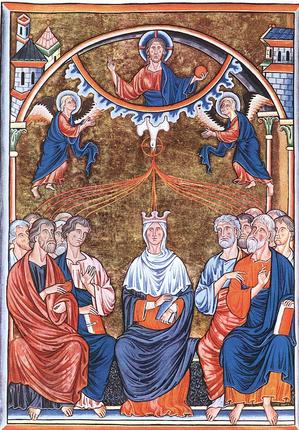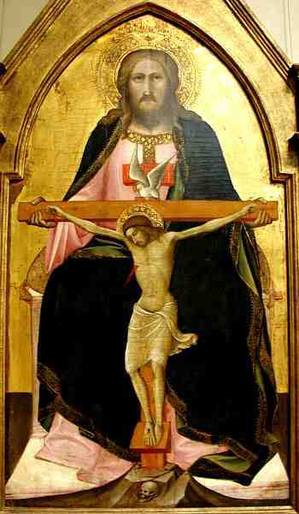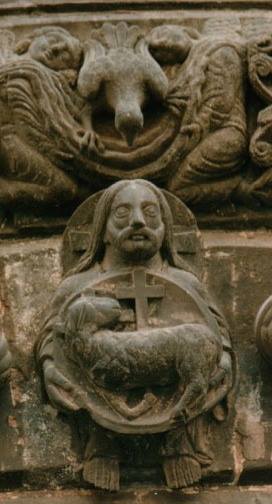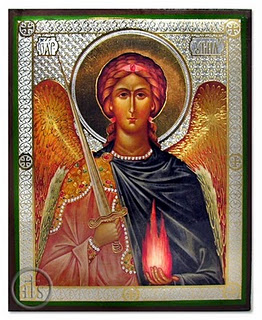
Post Pentecost some of our study and prayer ought to work on what it means to live by the Holy Spirit and how does the Church relate to the Spirit. We need to be serious about the Holy Spirit and not leave such questions to the dust bin or the happy-clappy Christians who claim to be slain in the Spirit alone. Sometimes I get the sense that we Catholics go to extremes when it comes to Holy Spirit: either we pay no attention to the Spirit or we ascribe to much to the Spirit. We even forget that the Spirit is the Third Person of the Trinity: the Bible reveals the Holy Spirit to be God.
There is nothing to fear in coming to understand the what and who the Holy Spirit is for the Catholic.
The Catechism of the Catholic Church (797) teaches:
What the soul is to the human body, the Holy Spirit is to the Body of Christ, which is the Church. To this Spirit of Christ, as an invisible principle, is to be ascribed the fact that all the parts of the body are joined one with the other and with their exalted head; for the whole Spirit of Christ is in the head, the whole Spirit is in the body, and the whole Spirit is in each of the members. The Holy Spirit makes the Church the temple of the living God:
Indeed, it is to the Church herself that the "Gift of God" has been entrusted. In it is in her that communion with Christ has been deposited, that is to say: the Holy Spirit, the pledge of incorruptibility, the strengthening of our faith and the ladder of our ascent go God. For where the Church is, there also is God's Spirit; where God's Spirit is, there is the Church and every grace. (Saint Irenaeus)







